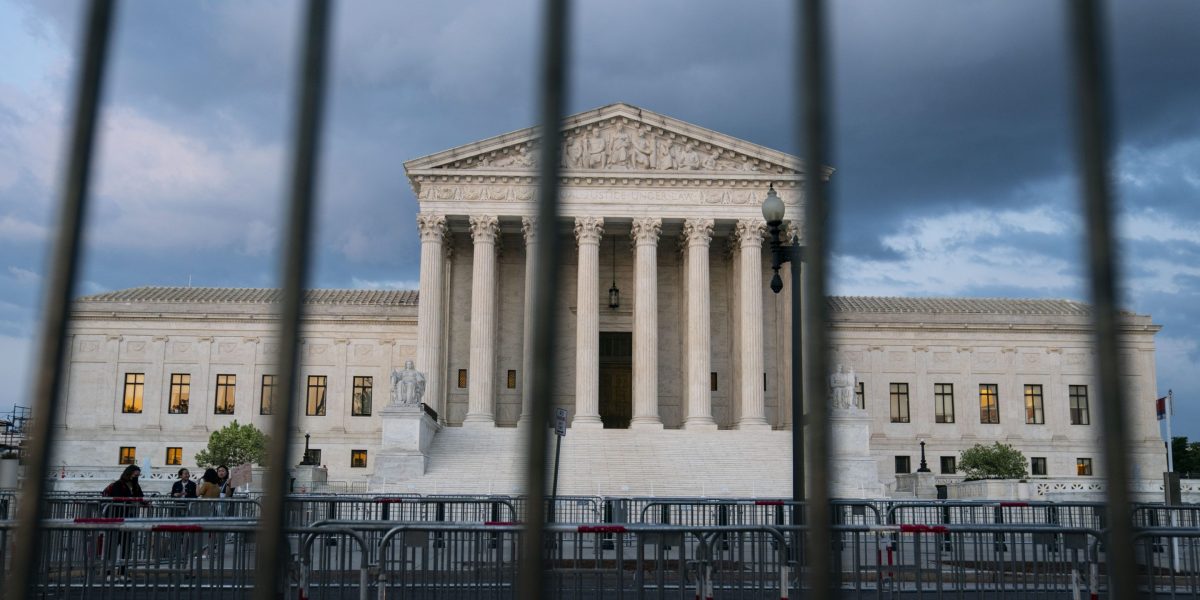Why would they have to go to another state for care of the baby? They will just have to go if they want a traumatic surgery to kill the baby.the bans on women traveling to other states to get reproductive care are gonna make america great again I guess.
They can always stay home, use contraception and be a sperm bucket for as many sperm donors as they want. The donation is the fun, uncontrollable part, right?
Sex is awesome. No one is telling women not to have sex. I have often wondered why a lesbian is concerned about abortion. Seems kinda odd.
I think respecting the sanctity of life is making America great again. Nothing wrong with expecting human beings to be responsible.
Unless killing conceived life IS the point.




